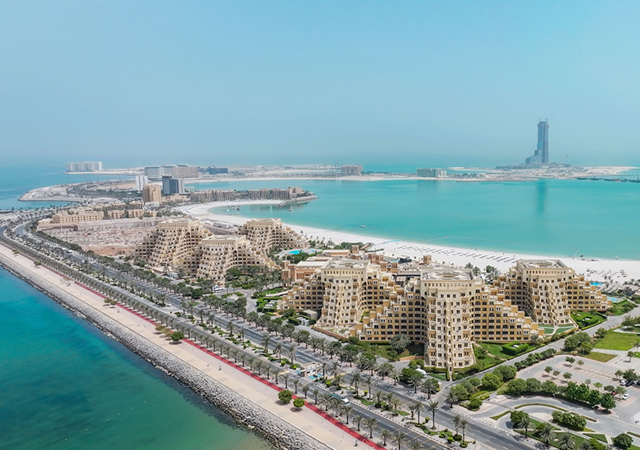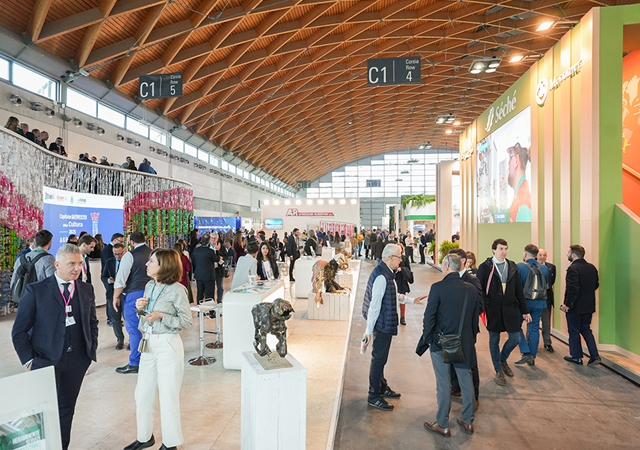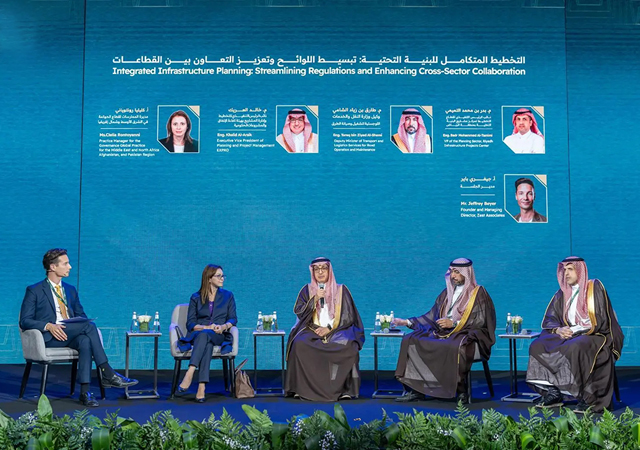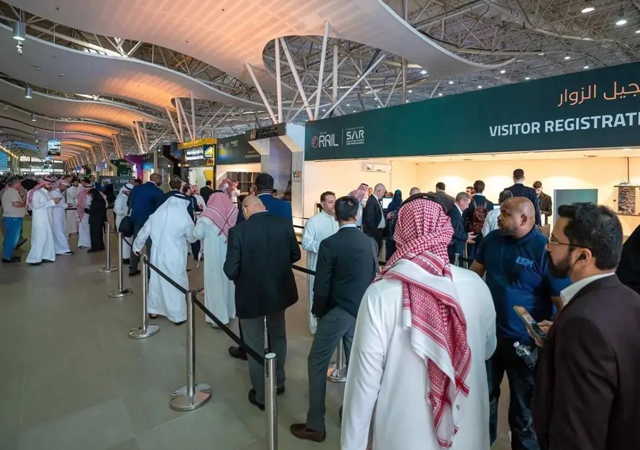
Pest exterminator Masa tackles the issue of hygiene in hotels, palaces and luxury villas and how to control pests from proliferating in them.
Hotels, palaces and villas all demand highly hygienic environments, but their rooms, suites, kitchens, bars, shops, offices and other recreational facilities are easy targets for pests to proliferate. These areas are filled with hidden pest pockets, often complete with the scraps of food and water, essential sustenance for pests. Indeed, it can be said that the more lavish the place, and the more facilities that are available, the greater the potential for pest problems.
Public authorities have grappled with the problems of pest control for centuries, and new pesticides, tools and techniques have evolved down the line in a battle that remains unresolved.
There are hundreds of different insecticides available in the market and one of the reasons why pests are so hard to eradicate is probably due to the immunity they have developed to the extensive and repeated use of these chemicals.
The pest exterminator of today has a challenging role: he must protect the environment and people and also ensure that other living species are not destroyed, while exterminating pests.
To this end, Masa Establishment of Saudi Arabia offers an effective approach known as integrated pest management (IPM).
Despite the most rigorous sanitation and non-chemical management procedures, pest control management will usually require selected and conducted insecticides applications. This should be done along with other appropriate sanitation and non-chemical procedures.
Taken as a whole, these treatment procedures, when directed by careful inspection, surveys and experience, constitute integrated pest management (IPM).
This integrated approach involves looking at the big picture while examining all aspects of a pest's behaviour and the structural or other environmental factors that affect the programme. This approach ensures safety and efficiency.
The use of non-chemical control methods are effective to prevent the movement of pests between rooms or floors of a structure, or to keep invading outdoor species from entering the premises. These exclusion techniques involve the use of sticky traps, gel, glue and mechanical traps, among others.
Exterminators should attract insects to pesticide-free tools or baits, instead of the overpowering use of insecticides. The essence of control consists in using an insecticide only over a restricted area and in small quantities.
Perhaps the most basic principle for applying insecticides against any pests is: regardless of the type of insecticide used, insecticide placed directly into or near insect harborages will produce better control than insecticide placed where pests will walk over or encounter it occasionally. Search for, locate and treat harborages.
Every hotel and palace has a different design and structure and this can make the task of pest control harder. Pest control in these situations require more than mere pesticides: hotel managers and owners, housekeepers need to co-operate with the pest control officers, and, effective scheduling, inspection, record keeping, a good measure of diplomacy will all be needed to ensure that the job is successfully done.
Once pests have entered a premise, whether they are mice or cockroaches, their dispersal is facilitated by the presence of corridors, elevator shafts, utility conduits and linen or room service carts. Ultimately, some species can become established throughout the area, in every room.
Insects and rodents have the ability to spread diseases or directly attack people, while other pests can cause property damage.
Termites and carpenter ants can weaken structural wood, cockroaches can damage computers and other electronic equipment and rodents frequently gnaw and short-circuit electrical wires, which can trigger fires.
Masa strives to achieve the confidence of its customers and set quality standards, while using the most appropriate materials available.
Its professional and technical staff are well versed in meeting the sensitive demands of hotels, palaces and luxury villas, which need the least toxic chemicals to be applied to the minimum, as discreetly as possible.
Masa's IPM programme is perfect for such sensitive environments. It uses all available measures to control pests according to their nature and the location to be treated, with a focus on non-toxic methods of control. Clear instructions are given to a client on preventive sanitation measures, on the best ways to store food and the dispose of rubbish, as this helps to reduce the harborage areas and limit food sources for pests inside the premises.
The judicious use of chemicals is a key part of the IPM programme. There are a large number of sticky and pheromone traps, baits and bait stations, which enable a reduction in the quantity of pesticides to be used. The treatment directly targets pests and pesticides are used in a way that limit their exposure to people and ensure that no residue will reach foodstuff, food preparation surfaces or the rooms. The entire programme can be carried out without any disturbance to day-to-day operations. The treatment is odourless and has no adverse effect on people.
Masa has been protecting hotels, luxury villas and palaces and other commercial properties against pests for over 22 years now. It staff are trained, certified and insured for this particular kind of work.
Most importantly, its technical knowledge is backed by years of research and laboratory tests and the company is abreast of the latest developments in dealing with pests, especially in sensitive applications.




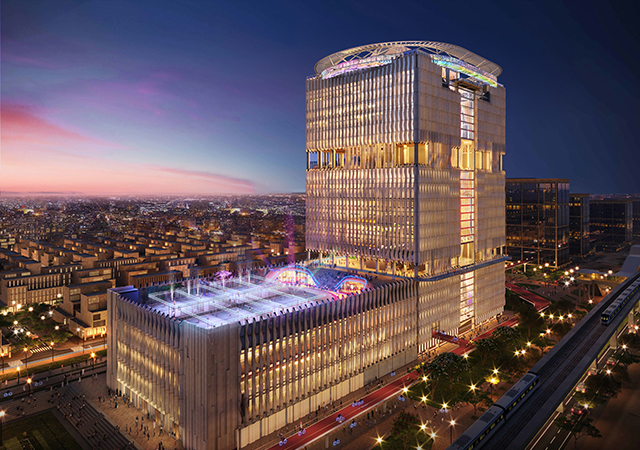
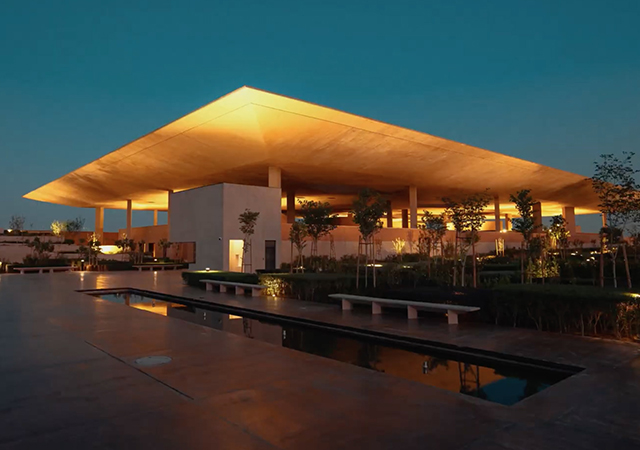
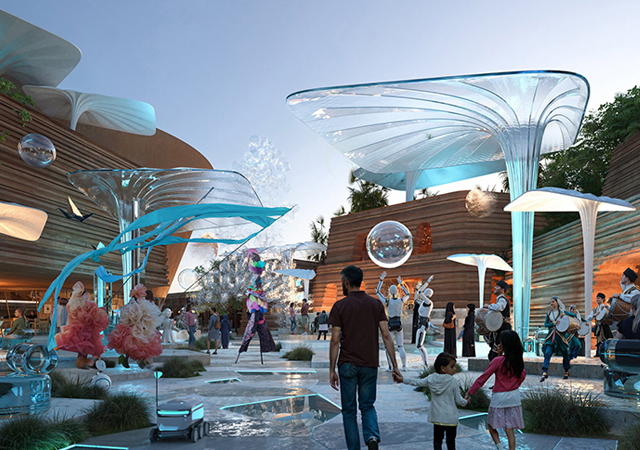

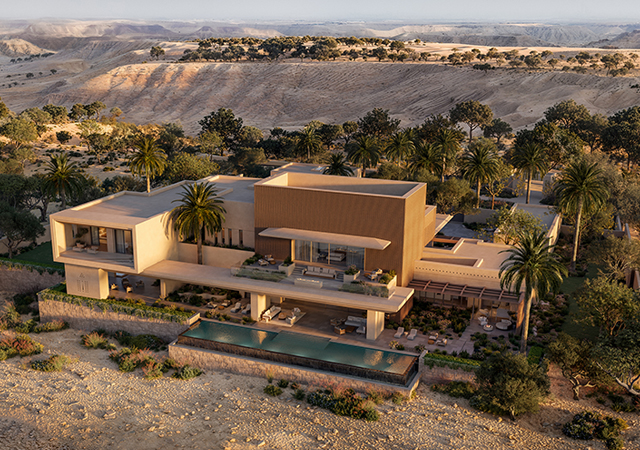
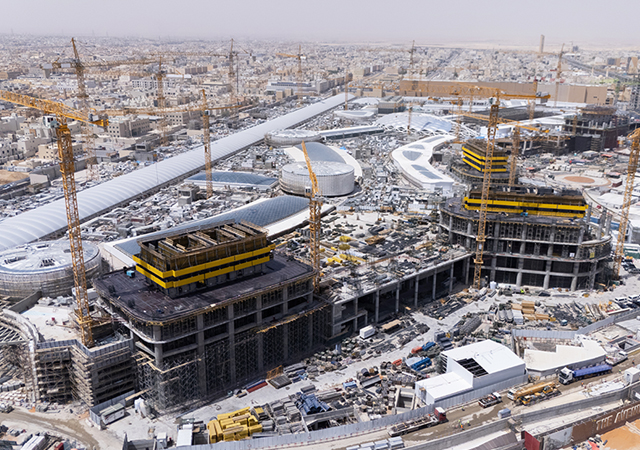
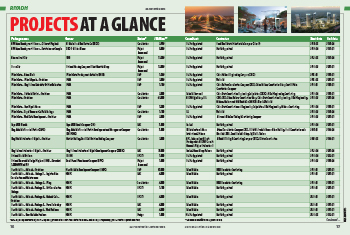
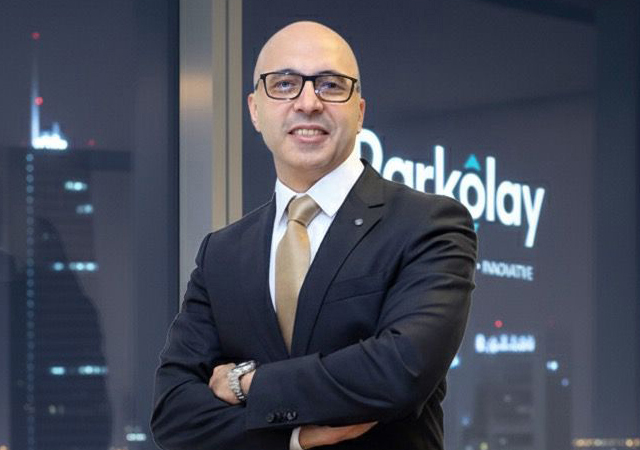
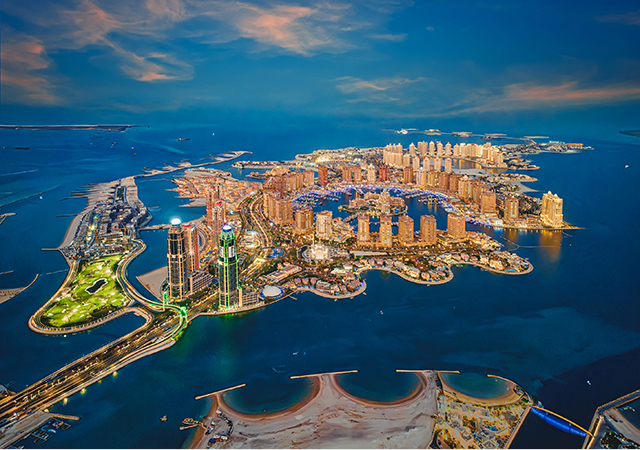
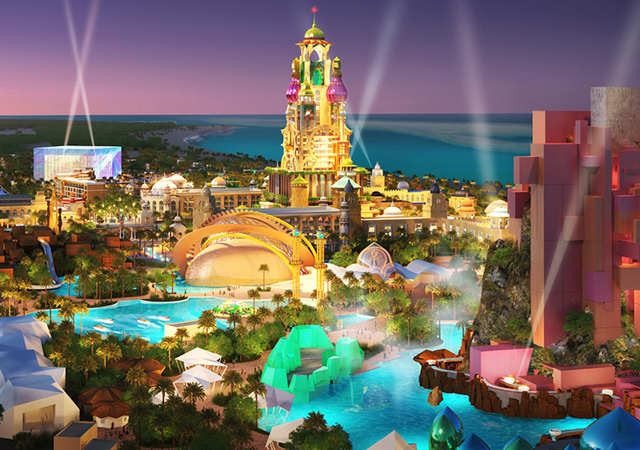
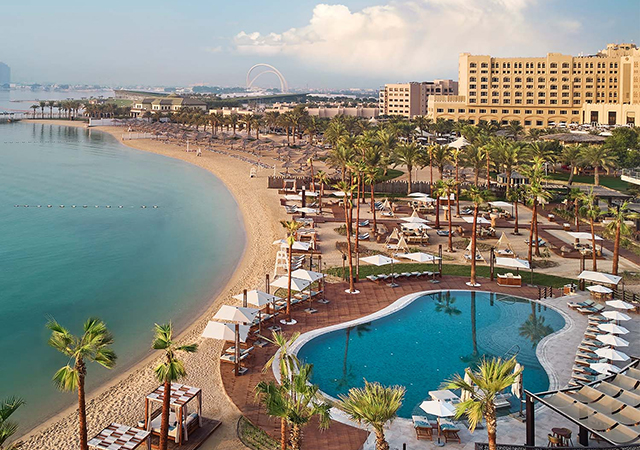
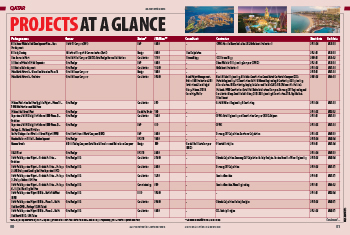
.jpg)
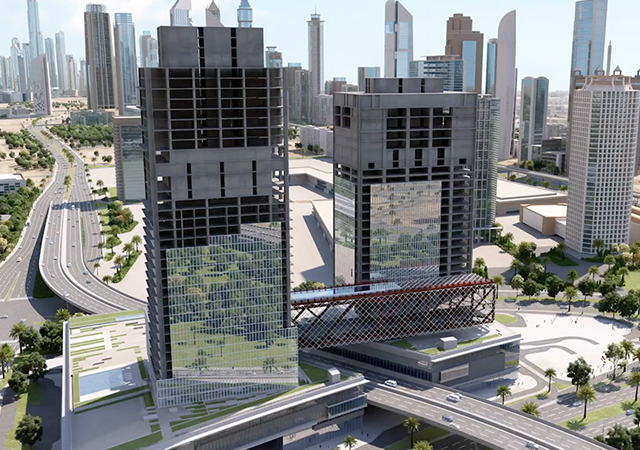
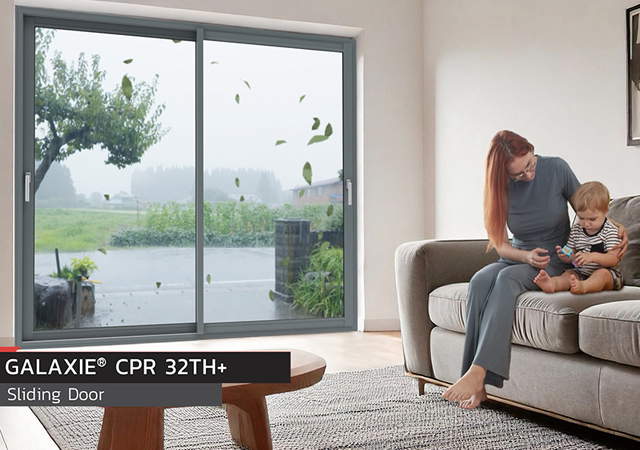
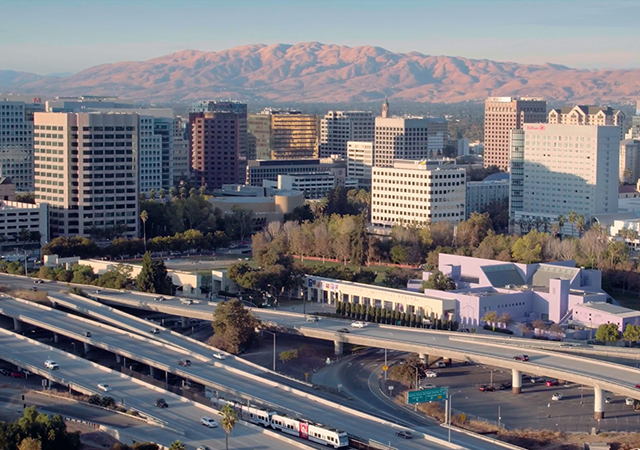
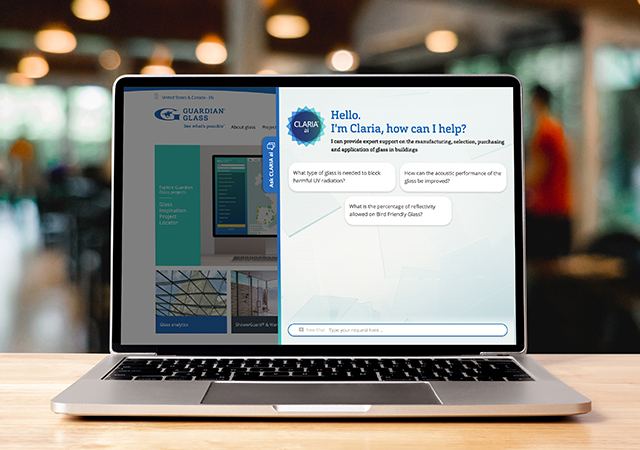

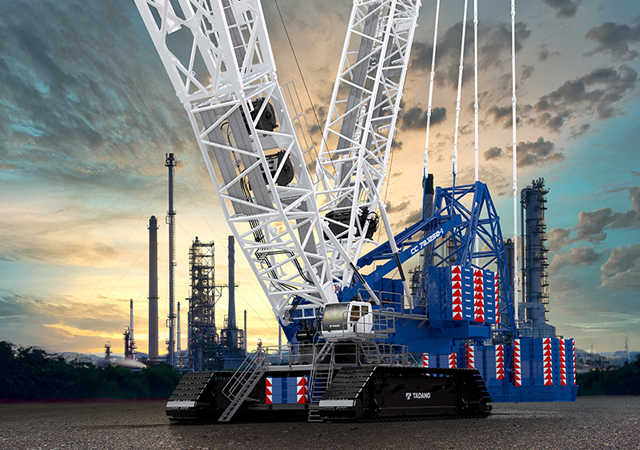
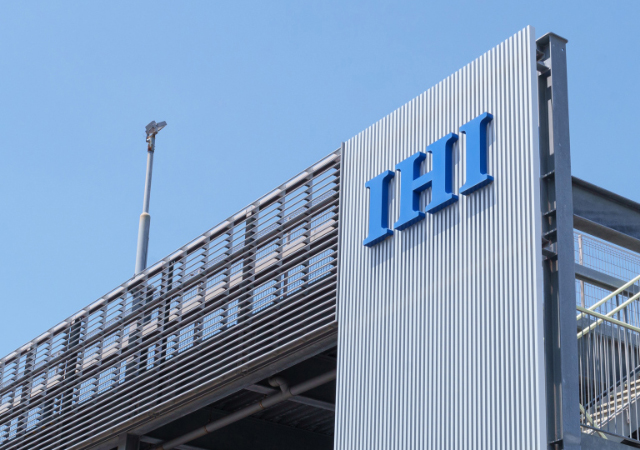
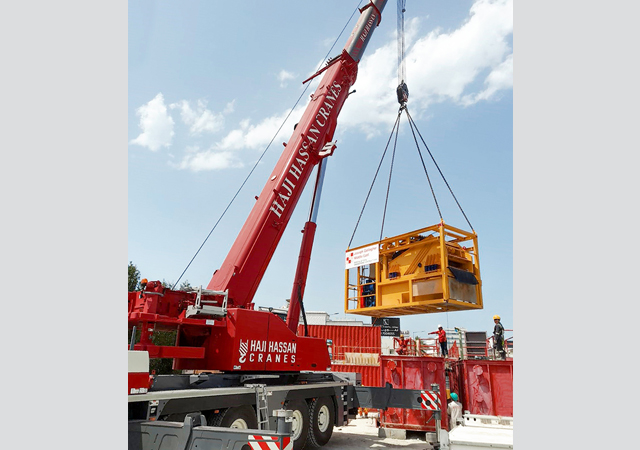
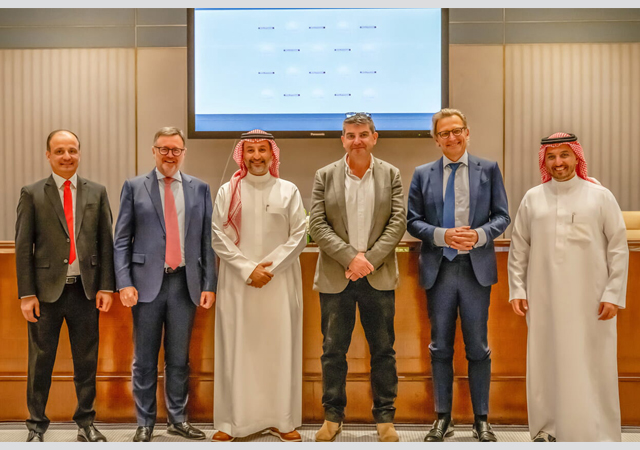
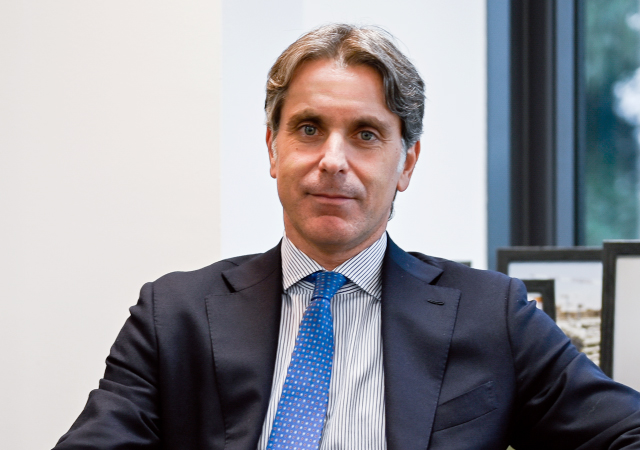
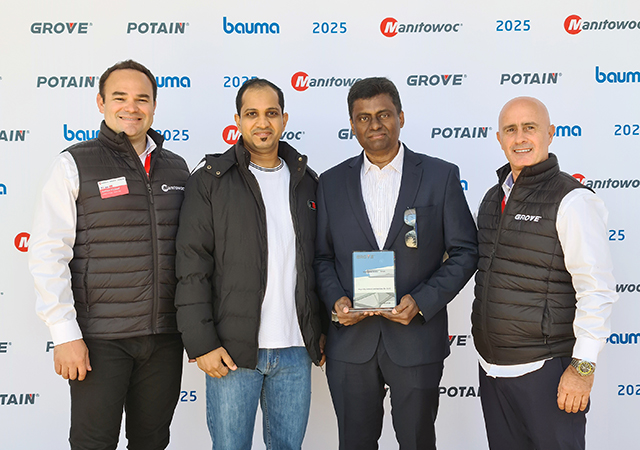
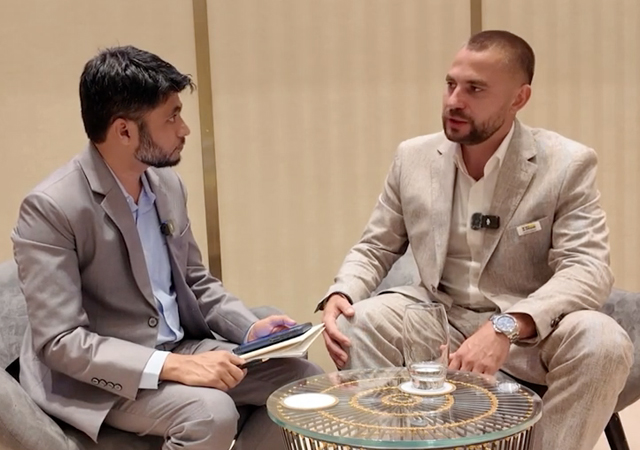
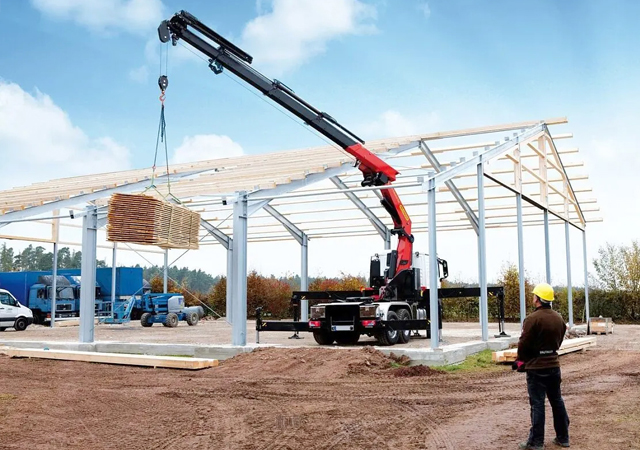
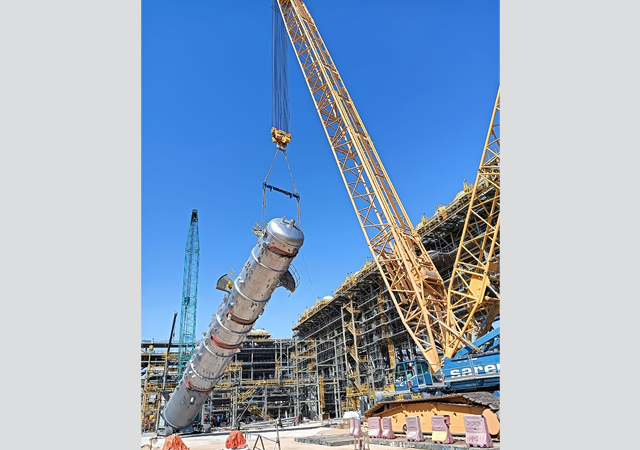
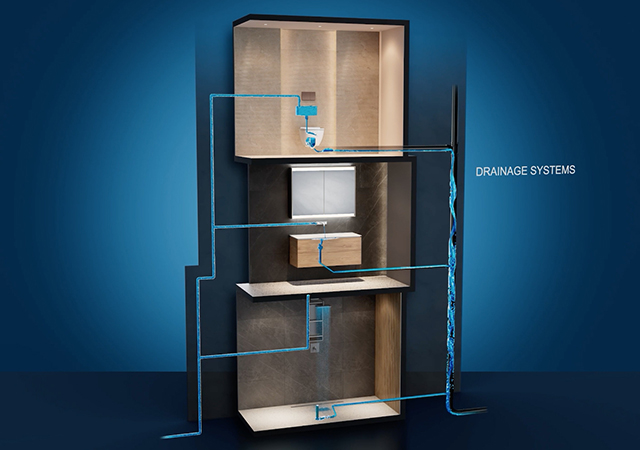
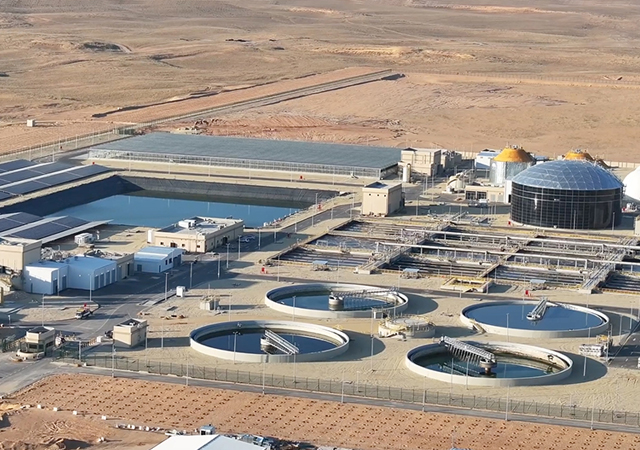

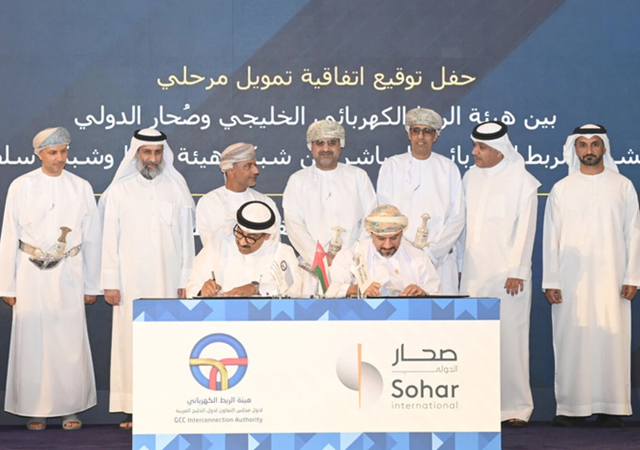
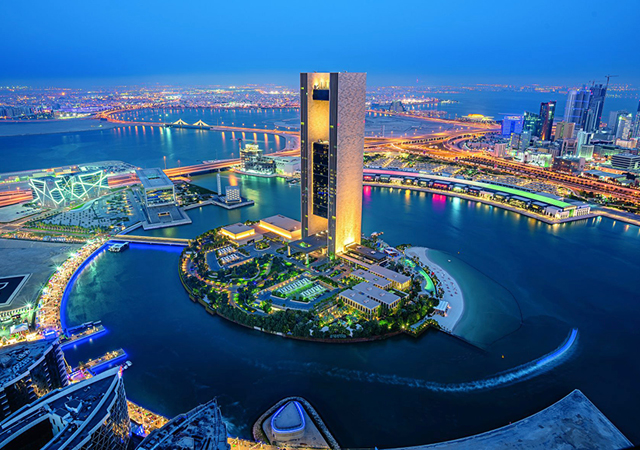
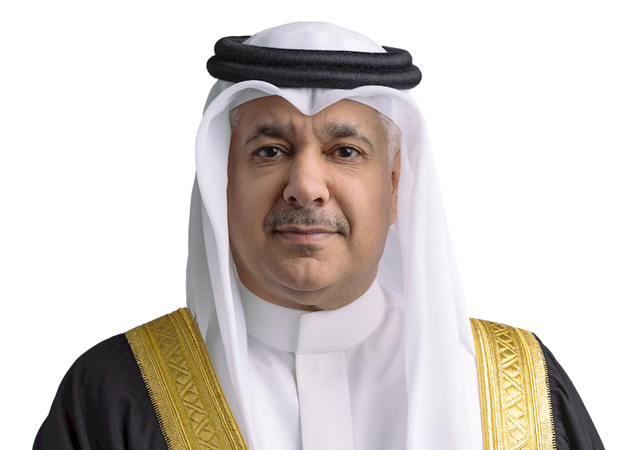
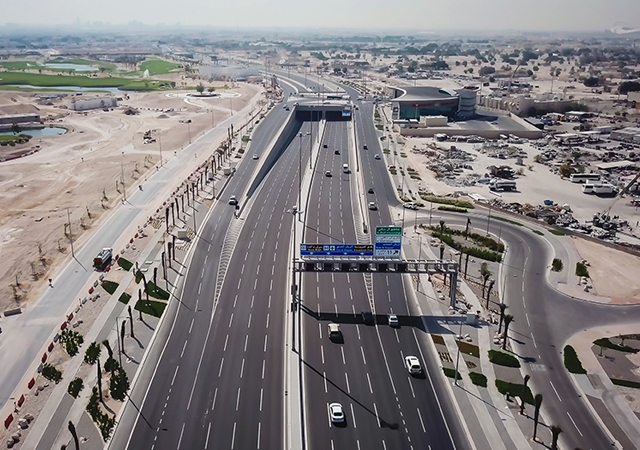
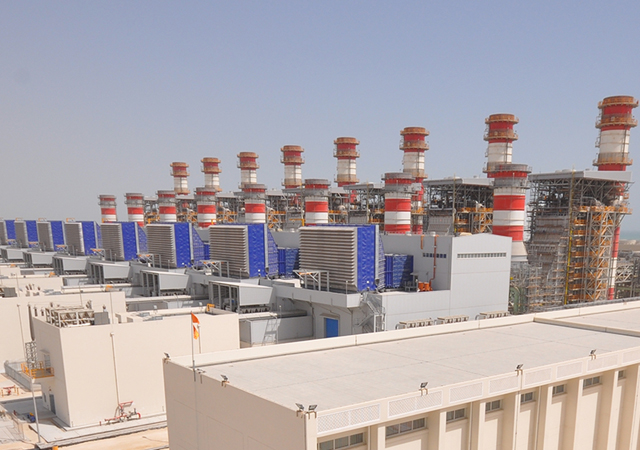
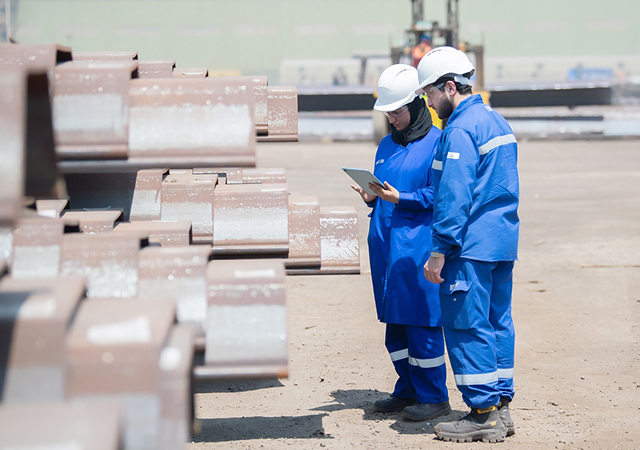
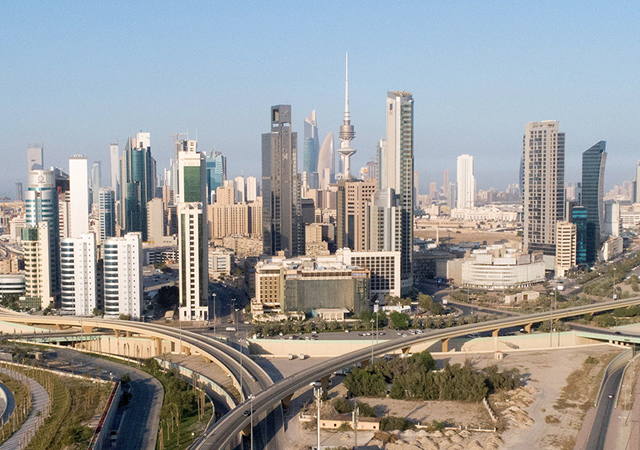
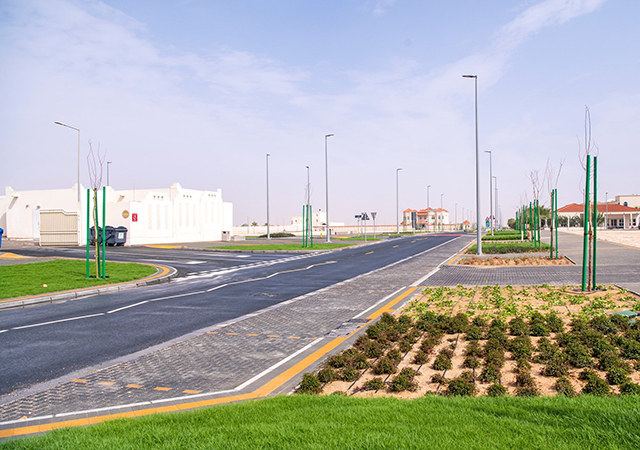
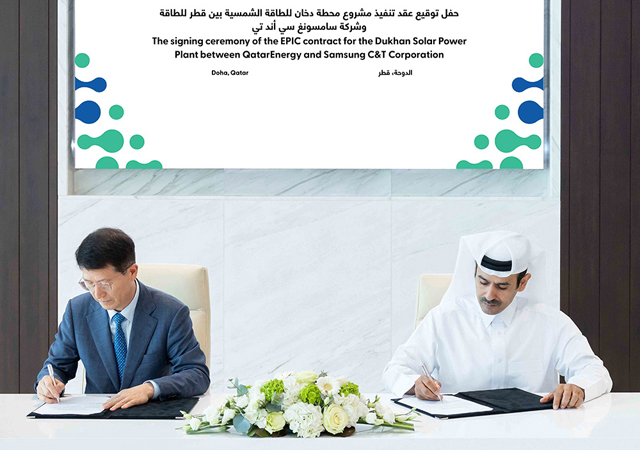
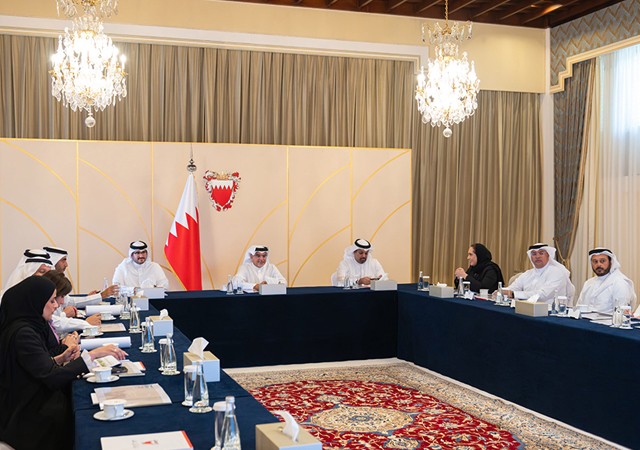

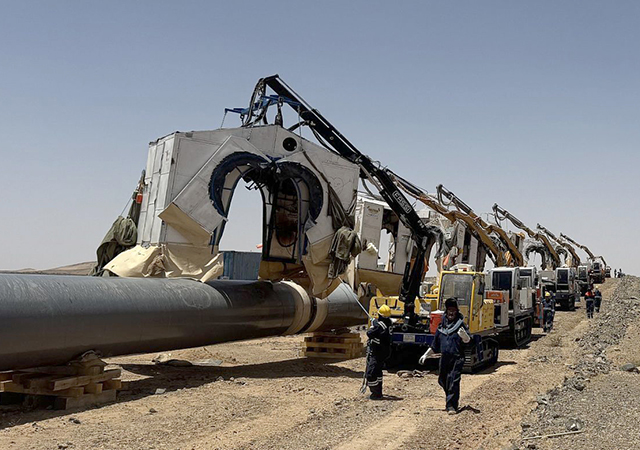

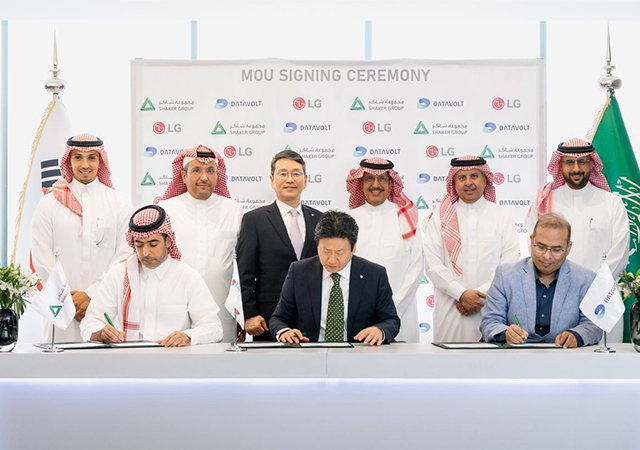
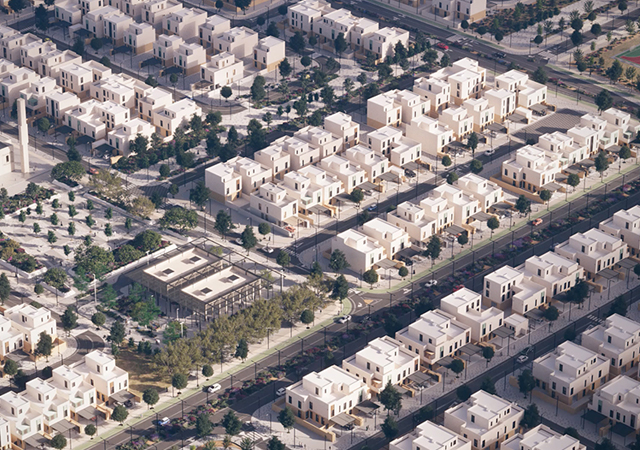
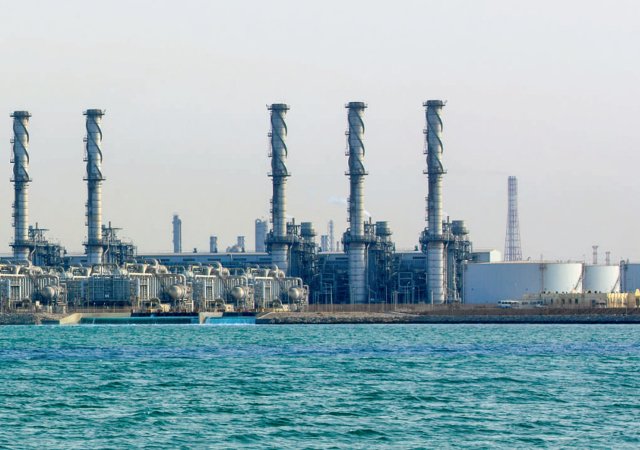
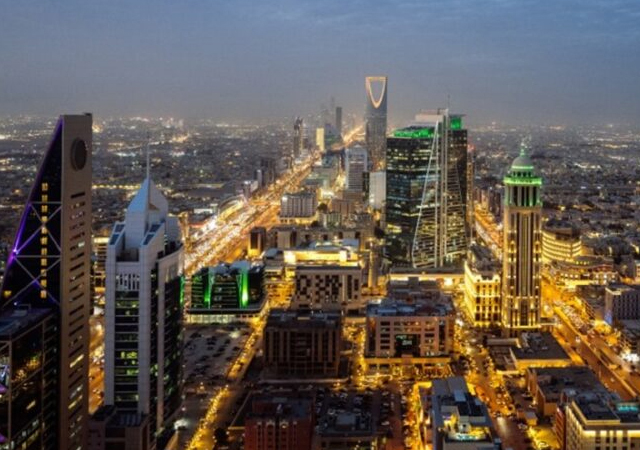
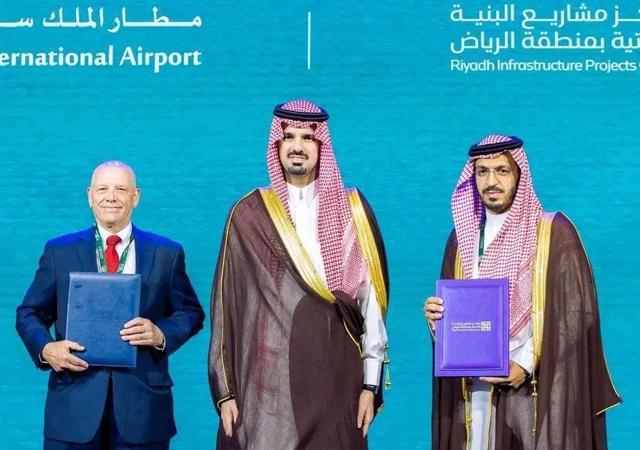

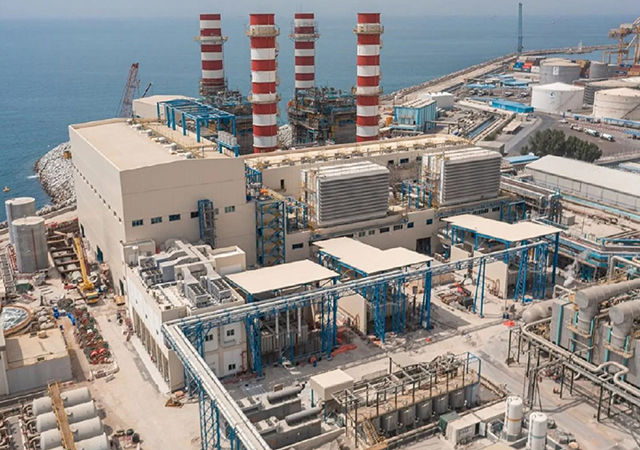
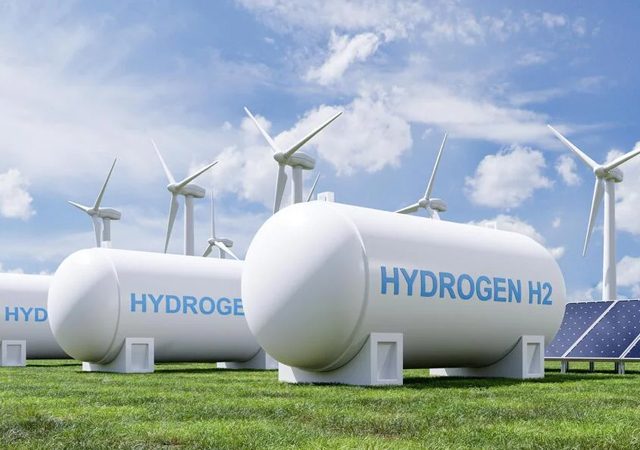
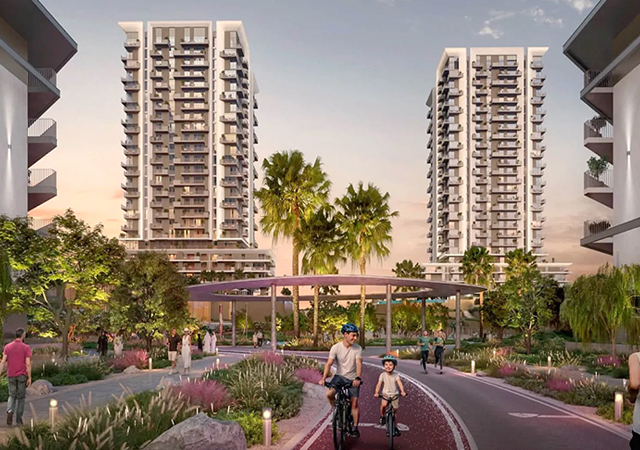
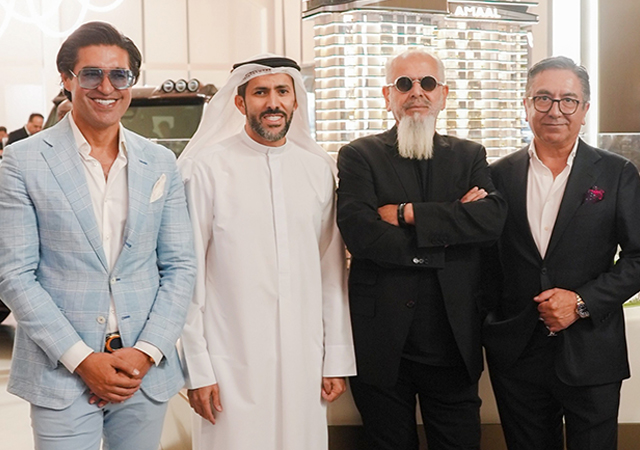
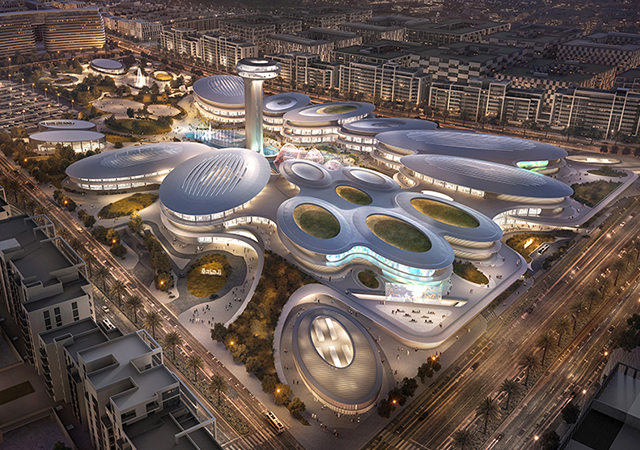
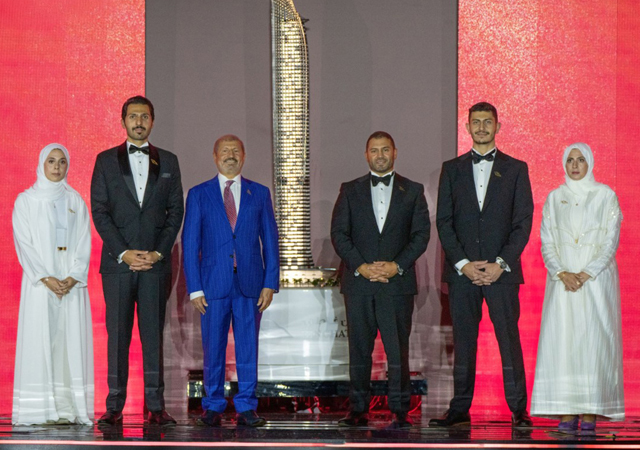
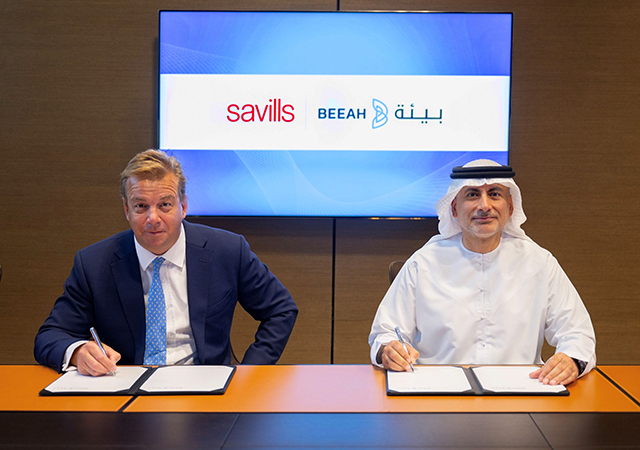

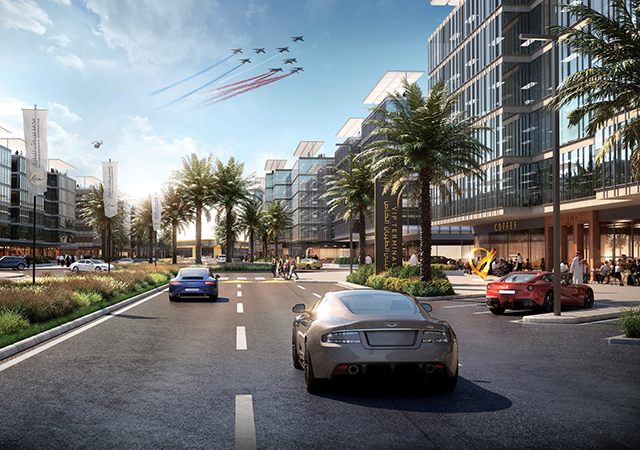
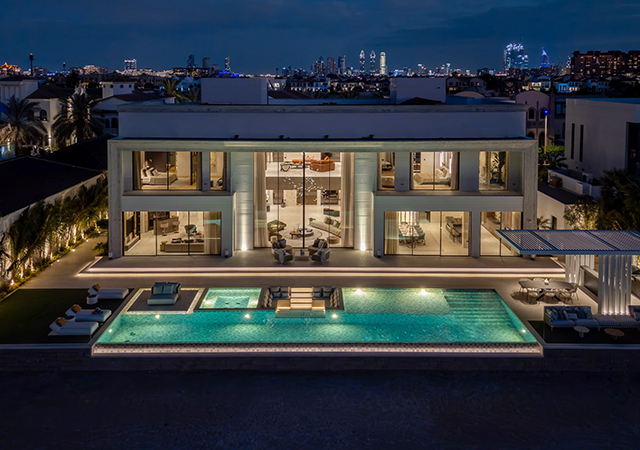
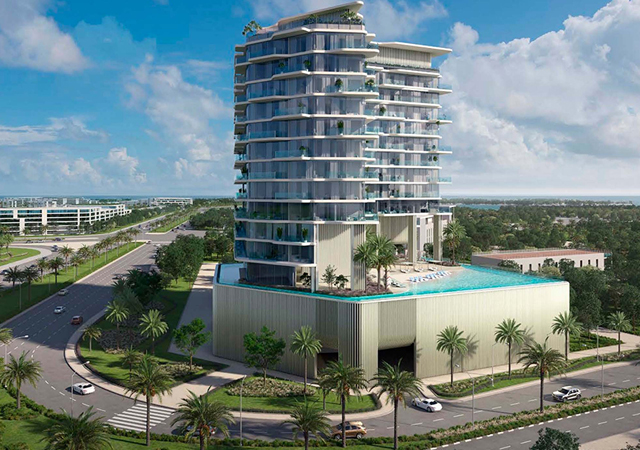
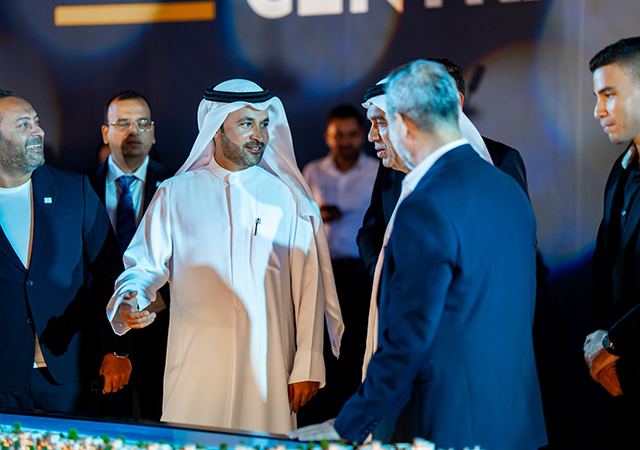
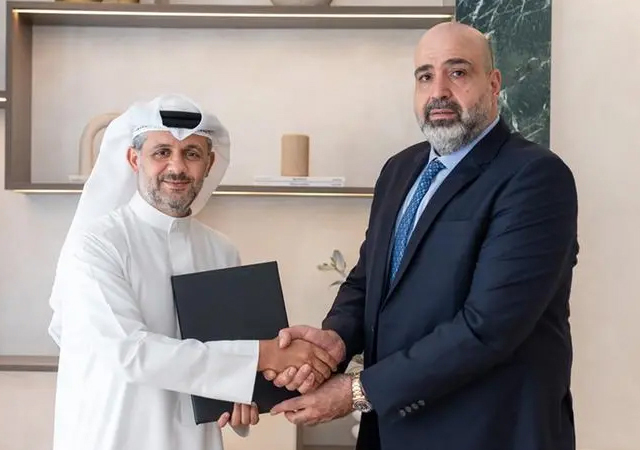
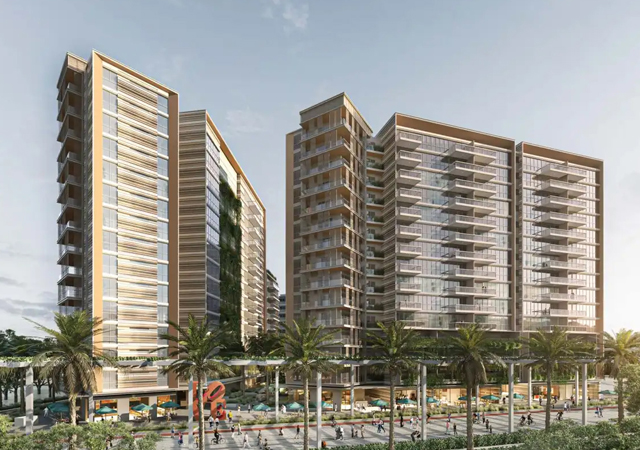
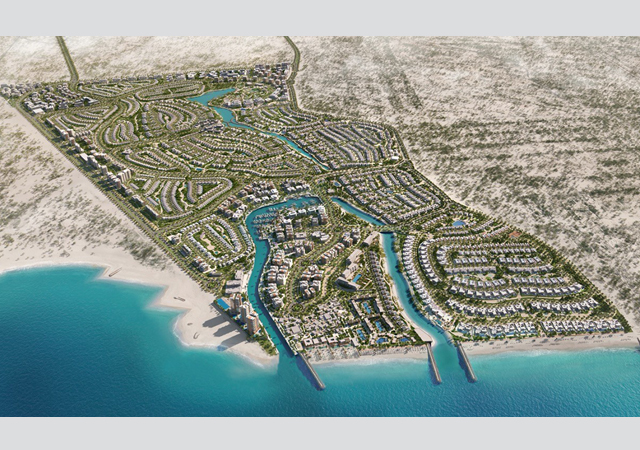
.jpg)
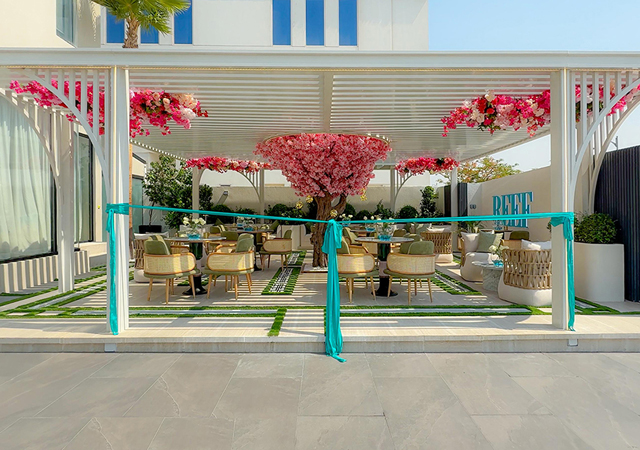
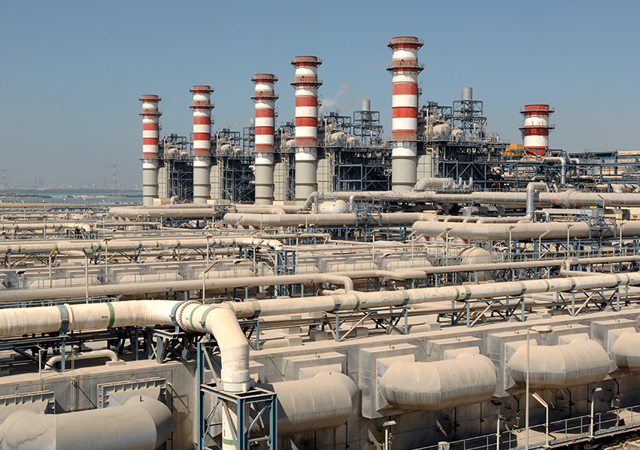
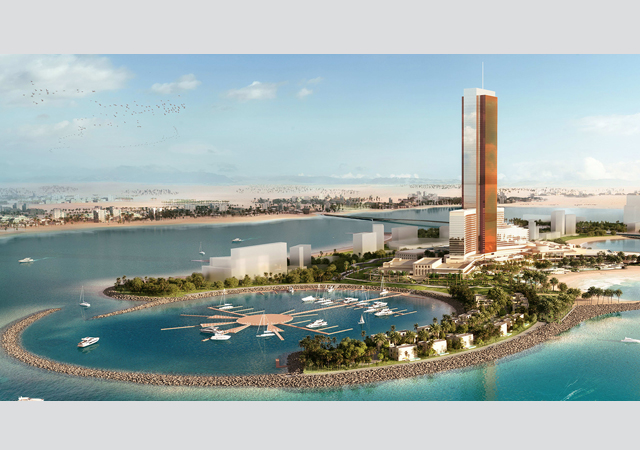
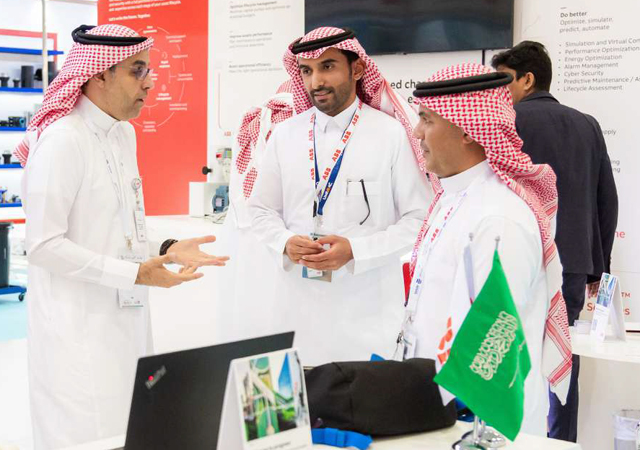
.jpg)
